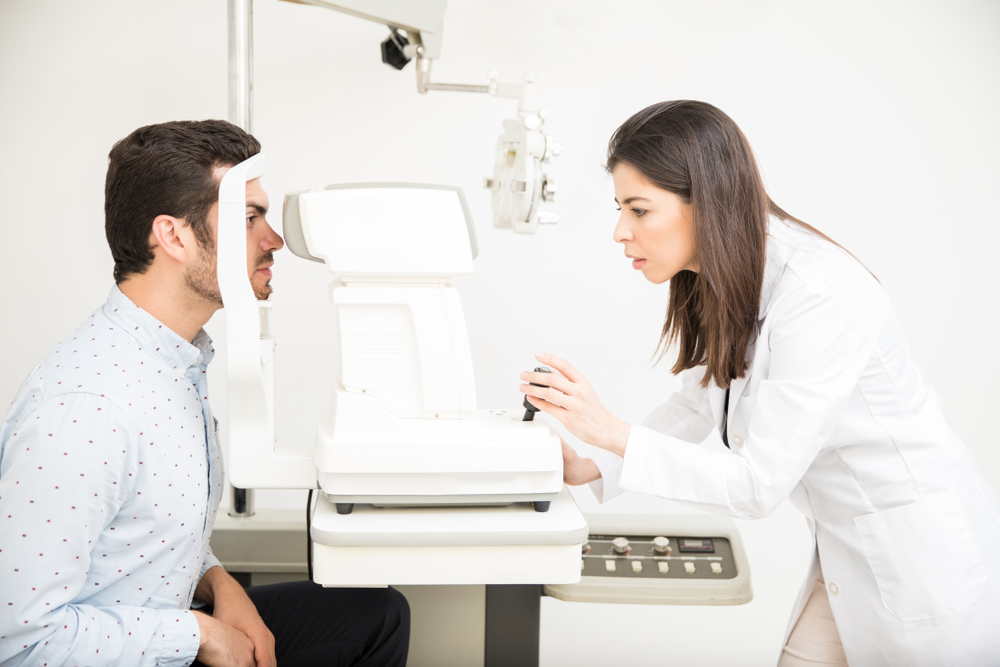
Protecting your eyesight starts with accurate testing and early detection of potential issues. One of the most important measurements your optometrist takes during an eye exam is intraocular pressure (IOP), since elevated pressure can be a warning sign of glaucoma. Traditionally, this has been done using tonometry tests, but newer technology such as the Ocular Response Analyzer offers a more advanced and comprehensive approach.
What Is a Traditional Eye Pressure Test?
The most common traditional method for checking eye pressure is the Goldmann Applanation Tonometry test, which involves gently flattening the cornea with a small probe after numbing drops are applied. Another familiar method is the air puff test, where a quick burst of air flattens the cornea to estimate pressure.
While these methods are effective, they measure IOP in a way that can be influenced by corneal thickness and rigidity. For example, if a patient has naturally thick or thin corneas, the results may not always be a true reflection of the eye’s internal pressure. This is where the Ocular Response Analyzer stands apart.
What Makes the Ocular Response Analyzer Different?
The Ocular Response Analyzer takes eye pressure testing to the next level. Rather than just measuring how easily the cornea flattens, it evaluates the biomechanical properties of the cornea, including its ability to absorb and dissipate energy. This provides a more accurate measurement of IOP that is less affected by variations in corneal thickness.
Additionally, the Ocular Response Analyzer provides a unique measurement called Corneal Hysteresis (CH), which reflects the cornea’s overall health and elasticity. This information is invaluable in identifying patients who may be at higher risk for developing glaucoma or for progression of the disease, even if their eye pressure readings appear normal.
The Importance for Protecting Your Vision
Glaucoma is often called the “silent thief of sight” because it can cause vision loss without obvious symptoms in its early stages. By using the Ocular Response Analyzer, eye doctors gain a more reliable picture of your eye pressure and your risk factors. This means:
• Earlier and more accurate detection of glaucoma
• Better monitoring of treatment effectiveness
• Personalized care based on your unique corneal properties
For patients who have had LASIK, corneal disease, or other eye surgeries, the Ocular Response Analyzer is particularly valuable because it helps reduce inaccuracies caused by changes in corneal structure.
Comprehensive Eye Care with Advanced Technology
At Rieger Eyecare Group, we believe in investing in the latest technology to protect your vision. The Ocular Response Analyzer allows us to provide a more complete understanding of your eye health, ensuring nothing goes undetected. Combined with regular comprehensive eye exams, it plays an important role in preserving your sight for years to come.
Schedule your comprehensive eye exam at Rieger Eyecare Group to experience the benefits of advanced diagnostic technology like the Ocular Response Analyzer. Visit our office in Normal, Illinois, or call (309) 320-2020 to book an appointment today.











